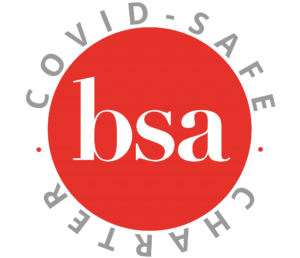Film Studies
Introductory Video from Mrs. Johnson
Film Studies Video
Course Details
WJEC A Level Film Studies
What kind of student would enjoy this course?
As well as gaining an appreciation of film as an art form in terms of its visual storytelling, studying film can enhance your understanding of the world. For example film represents different time periods and moments in history, showing alternative and revealing viewpoints of different cultures and people. It can challenge you to think in new ways and question your perspective on a range of issues, such as race and gender.
The creative production element of the course enables you to put what you have learned into practice by making a short film or a screenplay.
Previous study of Media Studies or Film is not necessary but interest and/or skills in areas such as film, art, music, design and photography would be helpful. The course is based on the analysis of film, a similar skill to studying literature and there are elements of history, business, politics, marketing and sociology.
What will I study?
You will study whole films, in addition to a range of clips and examples from a range of media platforms such as music video, advertising, youtube and news. This will help you to learn the key elements of film including cinematography, mise en scene, editing, sound and performance. You will also study the contexts of your chosen films and consider what the film is revealing about history and society of the time, in addition to engaging in critical debates surrounding film.
There are two exams, each worth 35% and a 30% assessment of production work. You will study films from the following areas:
· Hollywood 1930 – 1990
· American Independent film
· British Film
· European Film
· Global Film (outside Europe)
· Documentary
· Silent Film
· Experimental film
· Short Film
What skills will I learn?
Film Studies is both creative and academic. You will develop a wide range of transferable skills for further education, work and life:
· Creative thinking
· Critical thinking
· Emotional intelligence
· Film analysis
· Textual analysis
· Communication
· Research skills
· Literacy
· Technical competencies (general computer skills, cinematography, photography, editing)
What could I do at the end of my course
Employment in the screen industries has grown by over 20% since 2009 and there are still skills shortages in this sector. Career paths for students of Film may, of course, include practical avenues such as film-making, directing, producing and editing, but also film criticism, journalism, advertising, marketing and education.
The study of film is highly regarded. Oxford and Cambridge offer Masters and PHD courses in Film Studies and Screen Arts. Russell Group universities accept Film Studies as an appropriate A level qualification when applying to study a humanities or arts related discipline.














